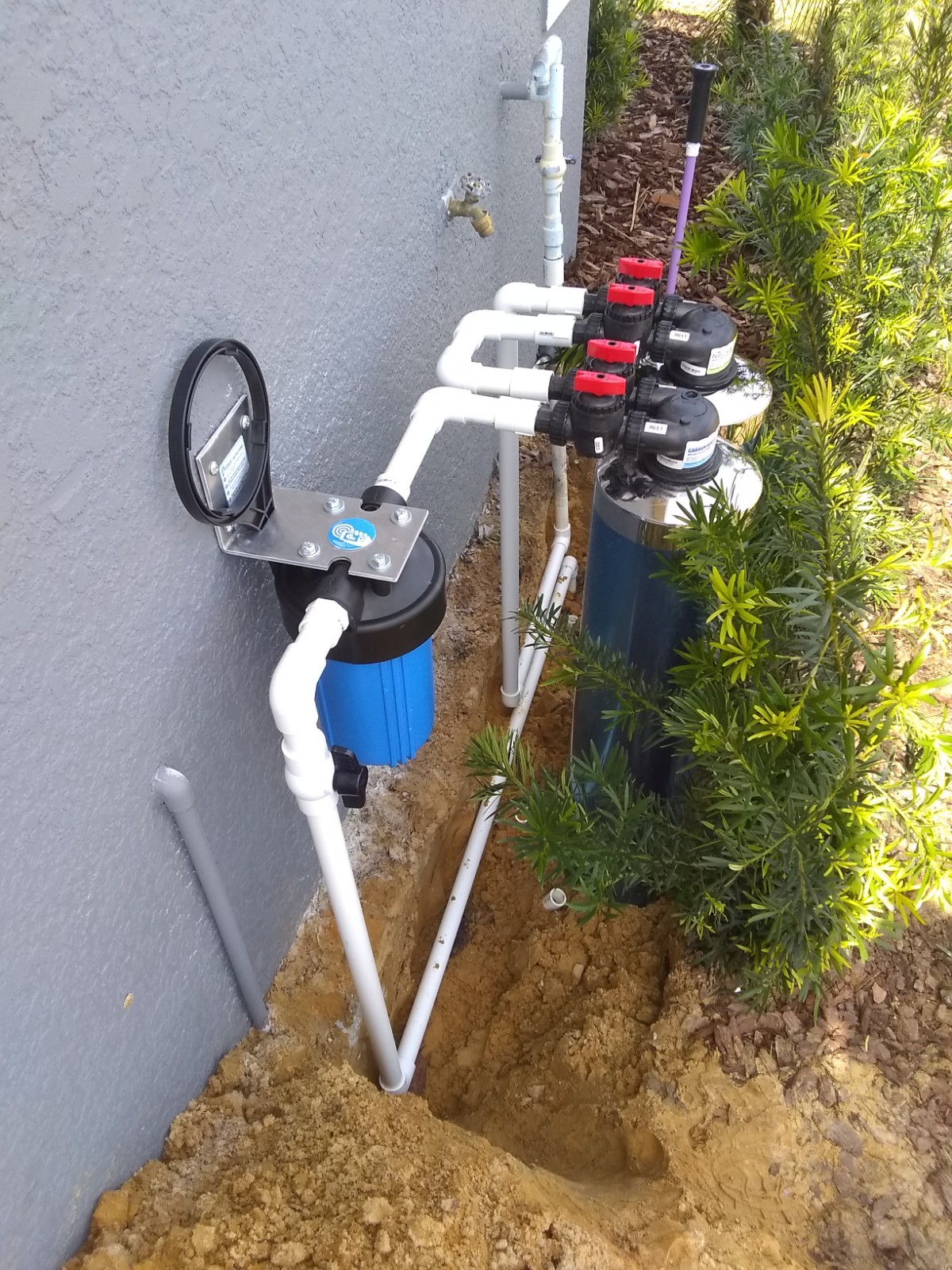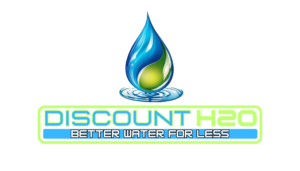SALT vs. NO-SALT SOFTENERS – YOU DECIDE
Hard water is a common problem that can lead to scale buildup, reduced appliance efficiency, and even skin irritation. To combat this issue, homeowners often turn to water softeners. But with two main types of systems available—salt-based and no-salt softeners—choosing the right one can be confusing. In this article, we’ll explore the pros and cons of each to help you make an informed decision.
Salt-Based Water Softeners
How They Work:
Salt-based water softeners use an ion exchange process to remove calcium and magnesium ions, which are the primary causes of hard water. The system replaces these hard water minerals with sodium ions, effectively “softening” the water.
Advantages:
- Effective Softening: Salt-based systems are highly effective at reducing water hardness, which prevents scale buildup and prolongs the lifespan of your appliances.
- Improved Cleaning Efficiency: Soft water lathers better with soap, resulting in cleaner dishes, softer laundry, and less soap scum.
- Better for Skin and Hair: Softened water can reduce skin irritation and make hair feel smoother.
Disadvantages:
- Sodium Content: The added sodium in the water can be a concern for those on low-sodium diets or people with certain health conditions.
- Environmental Impact: Regular regeneration cycles discharge brine into the environment, which can negatively affect local ecosystems.
- Maintenance: Salt-based systems require ongoing maintenance, including replenishing salt and occasional servicing.
No-Salt Water Softeners
How They Work:
No-salt water softeners, also known as water conditioners, do not remove minerals but instead alter their structure to prevent scale formation. These systems often use template-assisted crystallization (TAC) or magnetic descaling to treat the water.
Advantages:
- No Added Sodium: Since no-salt systems don’t use sodium, they are a healthier option for people concerned about their salt intake.
- Environmentally Friendly: Without the need for salt or regeneration cycles, these systems are more eco-friendly and waste-free.
- Low Maintenance: No-salt softeners generally require less maintenance, making them convenient for busy households.
Disadvantages:
- Less Effective at Scale Prevention: While no-salt systems can reduce scale buildup, they may not be as effective as traditional salt-based softeners, particularly in areas with extremely hard water.
- No True Softening: These systems don’t actually soften water in the traditional sense, so you may not experience the same benefits in terms of cleaning and lathering.
- Incompatibility with Some Appliances: Certain appliances may still experience issues due to the presence of hard minerals, even if they are less prone to scale.
Conclusion: Which is Right for You?
Both salt-based and no-salt softeners have their merits, depending on your specific needs. If you’re looking for comprehensive scale prevention and improved water quality, a salt-based system might be the way to go. However, if health, environmental concerns, and low maintenance are top priorities, a no-salt softener could be the perfect solution.
At DISCOUNT H2O, we understand that every household is unique, which is why we offer both salt and no-salt water softener systems. Plus, with every purchase, we include a FREE magnetic descaling unit to further protect your plumbing and appliances. Whatever your choice, you can trust that DISCOUNT H2O has you covered.


